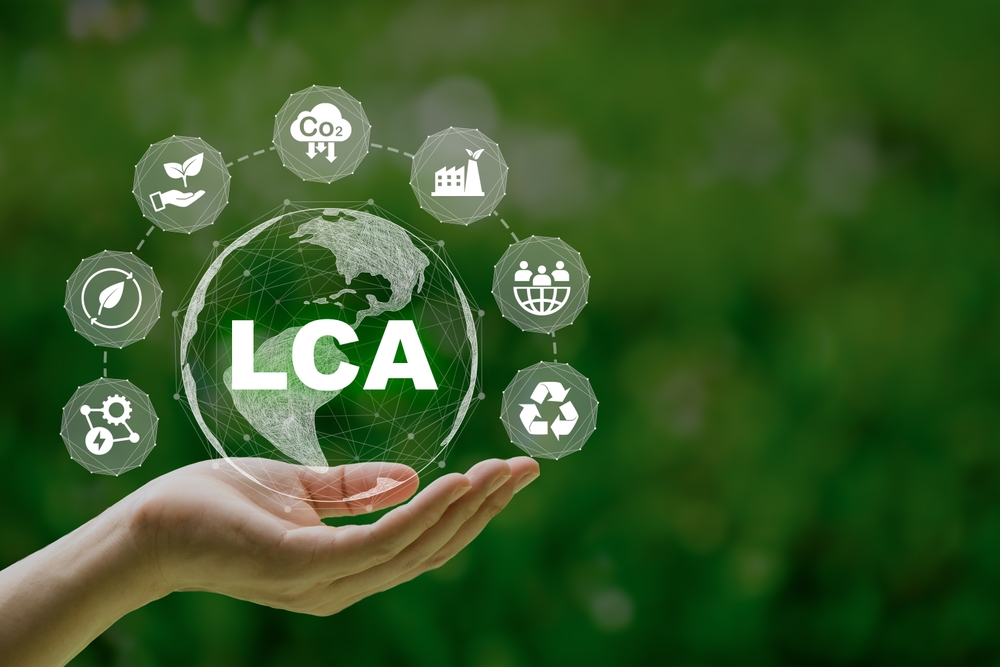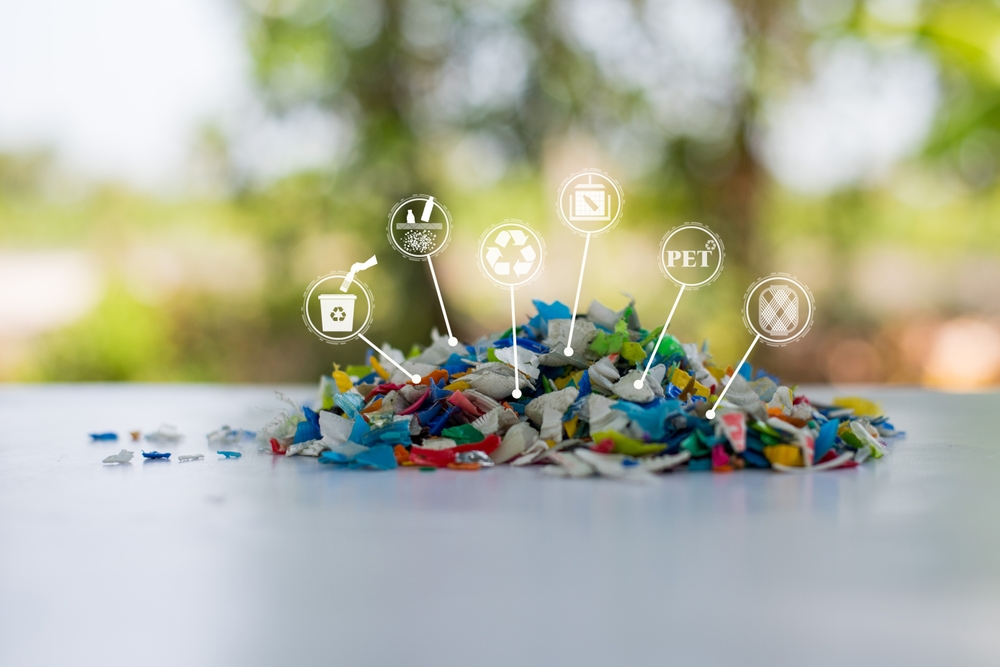
ACTPAC In Sustainable Packaging Summit 2024, Amsterdam
At the recent Sustainable Packaging Summit 2024 in Amsterdam, Professor Zheng Guo, presented ACTPAC’s solutions to upcycle C-C backboned plastic wastes. Dive into this article to explore how key insights and take-home messages from the event.
Zheng Guo, the coordinator of the EU ACTPAC project, was invited by the organising committee to attend the Sustainable Packaging Summit 2024 in Amsterdam, held on November 12-13. During the summit, Guo delivered a lecture titled “ACTPAC: An Innovative Upcycling Solution to C-C Backboned Plastic Wastes,” which garnered significant attention, reflecting the high level of interest in academic presentations from projects supported by the European Union.
The summit drew over 700 attendees, primarily from the industrial sector, including major corporations like P&G, but predominantly SMEs. Representatives from EU agencies and European projects, the Ellen MacArthur Foundation, and associations such as the Alliance to End Plastic Waste also attended the conference, highlighting the widespread interest and collaboration in advancing sustainable packaging solutions.
The conference was divided into two simultaneous sessions: the Strategy session and the Innovation session. The Strategy session focused mainly on analysing trends in packaging material development, as well as policy and regulations. The Innovation session was predominantly about invention strategies and developments in the packaging materials industry, with most presentations being delivered by CEOs or CTOs of various companies.
Important take-home messages from the summit:
Packaging and Packaging Waste Regulation (PPWR): The PPWR will be published in December 2024 and will be implemented 18 months later. This regulation will significantly impact the entire packaging value chain, with national prevention and recycling targets, and specific requirements that apply directly to manufacturers and their suppliers.
Design for Recycling (DfR) criteria: All packaging items will have to undergo a recyclability assessment to ensure they meet established design for recycling (DfR) criteria.
Extended Producer Responsibility (EPR): Packaging will be graded from A to E based on its compliance with DfR criteria. Packaging with an E grade will be banned from the market starting in 2030. Grades A to D will be subject to extended producer responsibility (EPR) fees.
Deposit Return Systems (DRS): Labelling to facilitate consumer sorting will become mandatory. Reusable packaging will also be required to carry a label that includes a QR code. Deposit Return Systems (DRS) for plastic bottles and metal cans will also become mandatory.
The Packaging and Packaging Waste Regulation (PPWR) timeline
The Packaging and Packaging Waste Regulation (PPWR) is a comprehensive legislative framework introduced by the European Union aimed at reducing packaging waste and promoting sustainable packaging practices across member states. The regulation outlines a timeline for implementation, starting with its entry into force in 2024, followed by key milestones such as harmonised labelling by 2026, compostable labelling by 2027, and Design for Recycling (DfR) criteria by 2028, ultimately targeting 70% compliance with DfR standards by 2030. By 2038, the regulation aims for 80% compliance, reflecting the EU’s commitment to fostering a circular economy and significantly improving packaging sustainability and waste management. For the ACTPAC project, the PPWR presents both challenges and significant opportunities. The polymers (specifically polyesters) developed within ACTPAC will be fully recyclable and biodegradable, creating promising prospects for spin-out businesses that are well-positioned to comply with these regulations. This aligns with the growing demand for sustainable materials and practices in the packaging industry.
Links
https://www.packagingsummit.earth/
Keywords
ACTPAC, Sustainable Packaging Summit, PPWR, DfR criteria, EPR, DRS, upcycling, recyclability, plastic waste, QR code labels.


